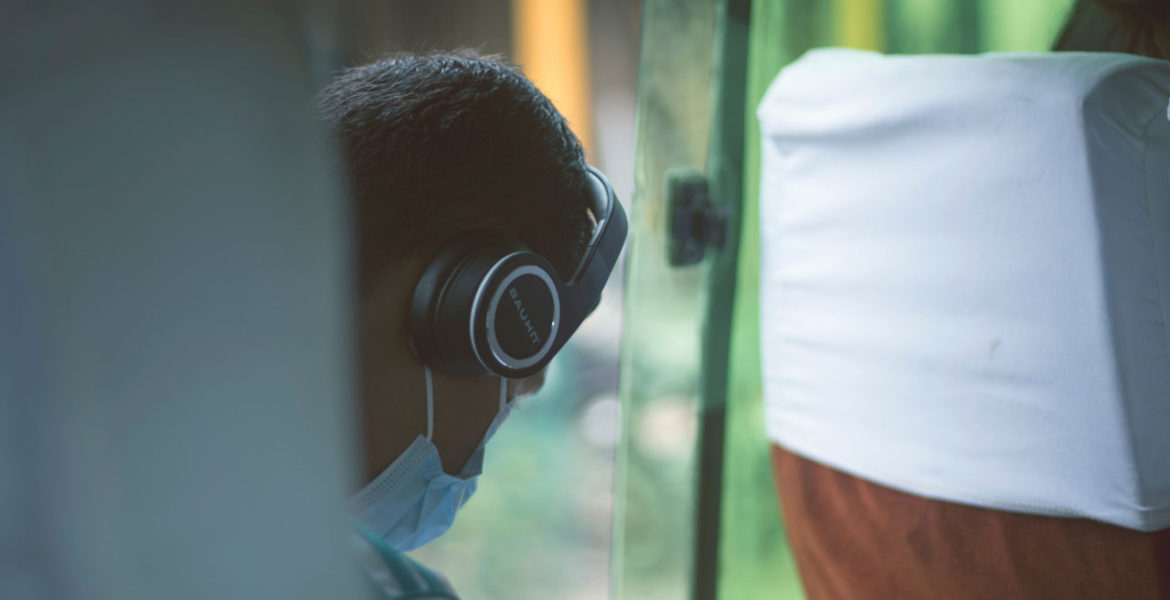Marketers have a role in communicating important call-to-action messages during crises and have a responsibility to lead the way.
Cities are shutting down. Businesses are struggling to stay afloat. People all over the country are fearful about losing their jobs, their incomes and surviving the coronavirus. Clearly we are in unprecedented and uncertain times. But while we engage in social distancing, it’s more important than ever to stay connected, to take care of each other, to keep a vigilant eye out for anyone in our society who needs help.
Many companies and organizations are stepping up to help those people who are so vital to our economy—and who impact our lives in countless ways. Restaurants are asking their patrons for donations for wait staff and line cooks who no longer have incomes and can’t pay their bills. NBA players and Major League Baseball teams have committed significant sums of money to arena and ballpark employees who would otherwise not have been paid due to the postponement of the season. And consumer lenders are allowing their customers to skip credit card and auto loan payments, interest-free.
These brands—and many others—recognize that until this challenging time passes, it is up to them to help their employees, customers and the community at large. They realize that we are all dependent on each other not just in terms of containing the transmission of the virus but in helping people who can’t weather its economic impact. And because marketers have always played a critical role in communicating important call-to-action messages during crises, they must once again lead the way.
My nonprofit organization, HELP USA, is on the front lines of the economic crisis unfolding before us. Our mission is to provide low-income, homeless and formerly homeless people with safe homes and the support they need to thrive. Many of our clients are the most affected by this difficult situation. Without jobs, the 25,000 people we support each and every year—including fast-food workers, custodians, couriers, and veterans—are extremely vulnerable. So are the thousands of school-age kids living in shelters who need meals, academic support as well as fitness and recreational programming that can be accessed via online platforms like Google Hangouts, Zoom or Facebook.
These days our priority should be finding ways both large and small to give back. Donate to your local food bank or buy a Fresh Direct or Amazon gift card for your favorite restaurant worker or dog walker whose jobs have been cut back. Give money to organizations that safely deliver food to senior citizens, many of whom can’t leave their homes because they are at greater risk for coronavirus. Or volunteer virtually from home through various platforms, tools, and apps to connect with people who may need a calming and comforting voice.
Most of all, be kind to one another. Check up on homebound and elderly neighbors, call your friends and loved ones, and thank the public health providers and social service officers who are working to contain this virus. Thinking about and helping others is good for the soul.
The coronavirus epidemic makes no distinction between color, class or race. And while social distancing may be the new norm, we can only achieve so much with it. At the end of the day, we all need each other. And we must do everything we can to help each other. It is simply the right thing to do.

